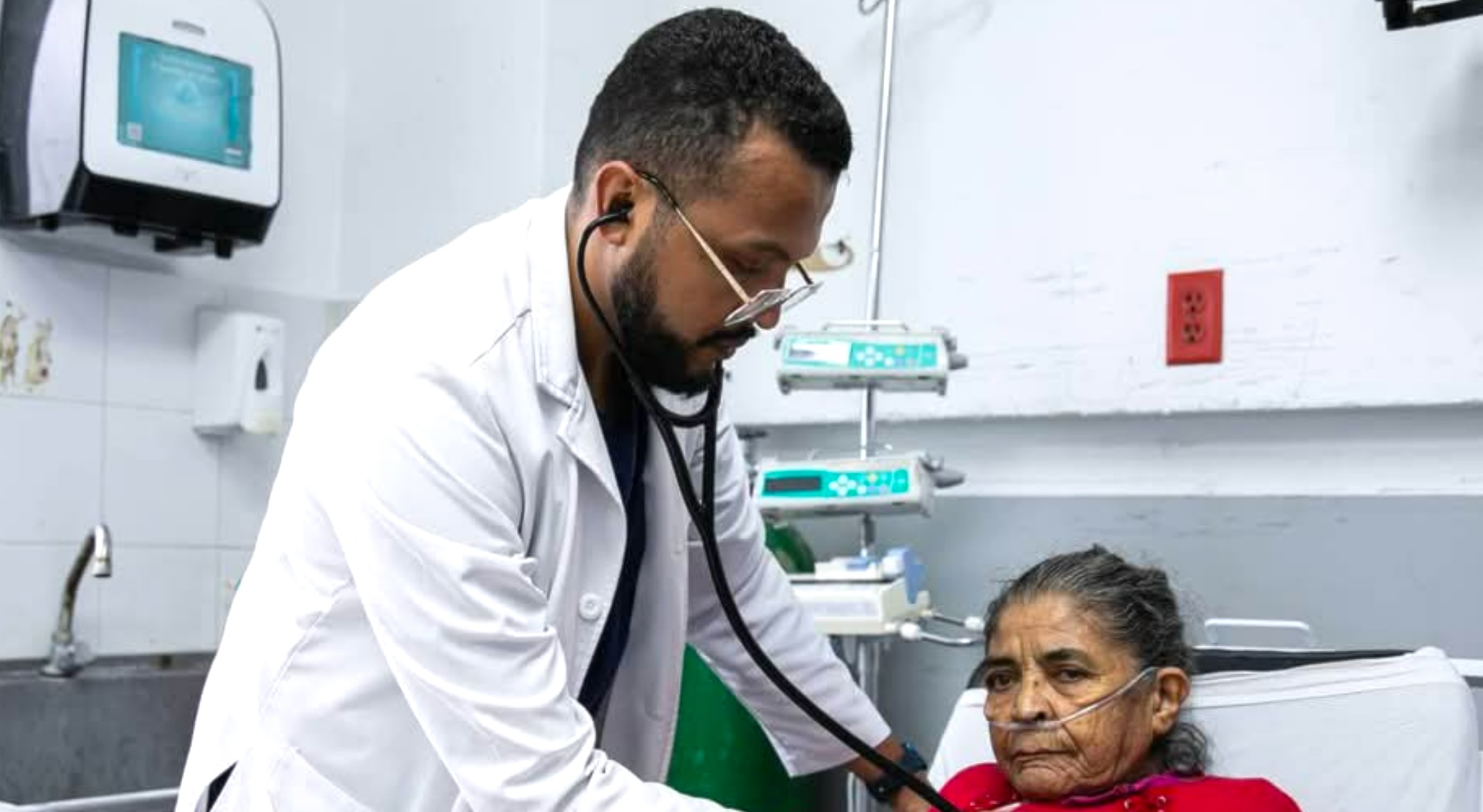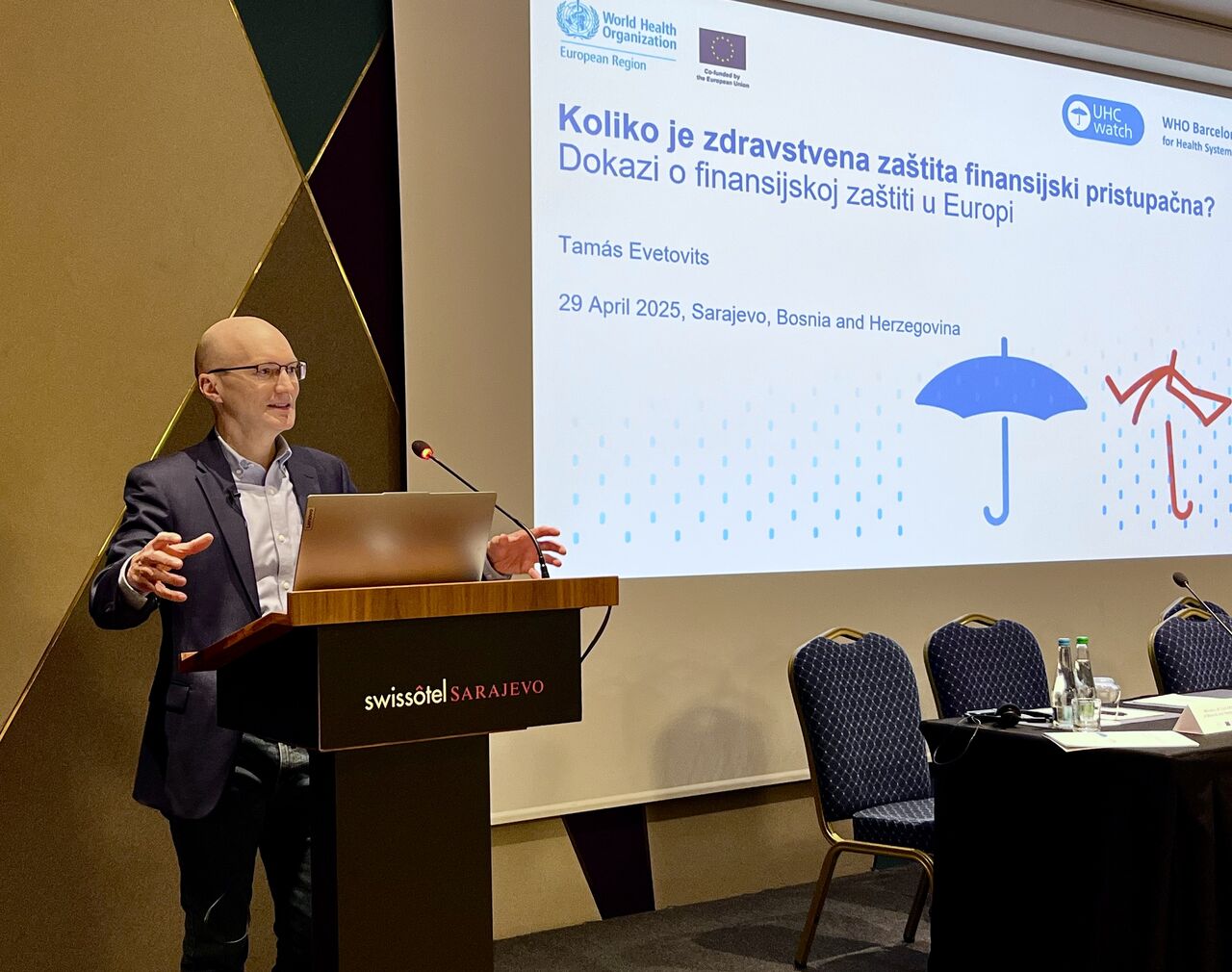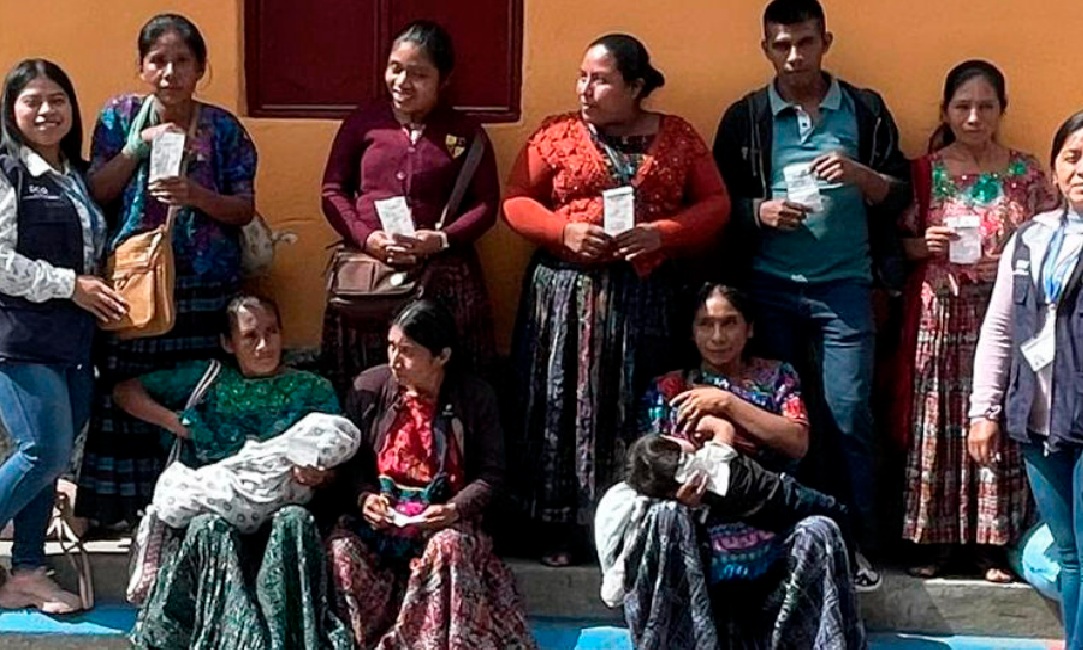Excess healthcare utilization and costs linked to chronic conditions: a comparative study of nine European countries
The rising prevalence of chronic conditions poses a major challenge to healthcare systems across Europe, driving increased demand for both inpatient and outpatient services. This article, published in the European Journal of Public Health (April 2025, Volume 35, Issue...
Belize National Health Insurance Authority Bill -2024
On November 12, 2024 the government of Belize passed an important bill to establish a National Health Insurance Authority (NHI). The bill includes details on NHI functions, management and financing as well as associated health care providers.

Budget reform increases resources for health in El Salvador
Members of El Salvador's Legislative Assembly approved a budget increase to support the Salud Inteligente Integral (PROSIN) program at the national level. Components include digital health, strengthening health resilience and strengthening the network. On February 19,...
Strengthening primary health care in Ethiopia: A scoping review
Ethiopia's primary health care (PHC) system has made notable progress in enhancing healthcare access and coverage, supported by strong political commitment and the implementation of a national health extension package. Despite these successes, challenges persist,...

Health Transformation Plan for Universal Health Coverage in Iran
Iran's primary healthcare system features a robust network supported by community health workers and has successfully expanded urban services to address significant health challenges. The Health Transformation Plan initiated in 2014 has made substantial strides in...

Who pays when Africans fall sick?
Across Africa, millions in the informal sector remain uninsured—not from apathy, but due to the exclusionary nature of health systems. In Tanzania and beyond, digital innovations offer promising models for more inclusive health insurance.In Tanzania, only 15 percent...

Global health experts call for accountability in private sector influence
Experts at a UNU-IIGH symposium urged stronger regulation of private sector influence to protect public health and ensure equity in global health governance. The United Nations University International Institute for Global Health (UNU-IIGH) and Third World Network...

Kazakhstan’s Primary Health Care Reform Saves Millions, Offers Model for Global Health Systems
Kazakhstan has successfully strengthened its primary health care system, achieving significant cost savings and improving health outcomes by integrating mental health services and adopting a multidisciplinary approach to community care. Kazakhstan has made significant...
Changes in the safety net over recent decades and their impact
This paper examines the evolution and effectiveness of the safety net over the past half-century in USA. It finds that while some programs have contracted, the safety net has overall grown substantially stronger through expansions that have significantly reduced...
Primary health care financing: a situation assessment and policy options for Tajikistan
Tajikistan’s primary health care, based on a family medicine model, faces low per-capita funding, outdated financing, and persistent informal payments. To strengthen it, the country should pilot per-capita payment systems, update the benefits package for better...

WHO highlights progress and challenges in healthcare affordability in Bosnia and Herzegovina
A new WHO-led conference in Sarajevo revealed progress in reducing financial hardship from healthcare costs in Bosnia and Herzegovina, while highlighting the need for further equity-focused reforms.On 29 April 2025, over 30 key health stakeholders gathered in Sarajevo...

Conditional cash transfers to improve health in Guatemala
Guatemala's Ministry of Social Development grants social bonds to vulnerable families in exchange for commitments to participate in health and education services.In April 2025, the Guatemalan Ministry of Social Development (MIDES) delivered financial assistance under...

How Japan could shape the future of the NHS
To help deal with its ageing population, Japan offers super bespoke health programmes for individual citizens, which aim to do a better job at predicting and preventing illnesses and make emergency care less necessary.The Health Secretary is taking a bold step forward...
Health impact and economic evaluation of the Expanded Program on Immunization in China from 1974 to 2024: a modelling study
The Expanded Program on Immunization (EPI) in China, initiated by WHO in 1974, has significantly reduced disease burden by vaccinating against eight pathogens, averting an estimated 703 million cases and 2.48 million deaths over 50 years. The program has also...

Price increases at clinics fuel Korea’s health insurance expenditure growth
A report by the Korea Development Institute reveals that rising health insurance spending in Korea is primarily driven by increasing prices at clinics and outpatient services, leading to concerns about the system's sustainability. A recent report from the Korea...
